You could be excused if, on the basis of prerelease marketing descriptions, you mistook Let the Sunshine In for a romantic comedy. It is not — at least not in any traditional sense. French writer/director Claire Denis continues to defy expectations with this blackly humorous and frustratingly bleak look at the love life of a middle-age Parisian, and if Denis’ premise is genre-appropriate, her thematic and stylistic cues are anything but.
Denis loosely sketches the romantic entanglements of Isabelle (Juliette Binoche), a 40-something artist and divorcee navigating the murky waters of the dating scene with limited success. There are suitors aplenty, all of them wrong for different reasons; a corpulent married banker, an emotionally avoidant (and also married) young actor, a working-class man from the wrong side of the tracks. If Isabelle seems particularly unlucky in love, it’s not for lack of trying.
And this seems to be the crux of what Denis is getting at. Isabelle’s dalliances are presented almost as vignettes — discrete episodes in which she swings and misses, time and again — but that seem to bear little connective tissue tying them to each other or, more crucially, a central narrative arc. Isabelle is a painfully relatable character, her struggle to find a relationship with any depth or future carrying the mounting dread of futility. Her seeming inability to learn from her mistakes or to choose relationships that will lead to anything but failure strike close to home, and her difficulty in understanding her own attraction to doomed romances feels all too real.
A great deal of the credit for the believability of Isabelle as a character can be attributed to Binoche’s performance, which is electrifying. Nuanced vulnerability meets obstinate if occasionally misguided hopefulness in what amounts to one of the actresses finest turns in years. But credit is also due to novelist Christine Angot, who co-wrote the screenplay with Denis. The script renders the neuroses and psychological complexes of Isabelle like impasto paints, thickly layering emotional colors on an underlying canvas of longing and desire. When she rejects her working-class lover because her chic art-world friends disapprove or pines for the young actor who instantly regrets their coupling or jilts her ex-husband for some unspecified misstep in bed, the sense of ambiguity driving Isabelle’s internal conflict is palpable — she wants to connect while simultaneously maintaining an emotionally safe distance, diametrically opposed drives that can never be reconciled.
The greatest flaw of Let the Sunshine In is that it feels too haphazard, too loosely structured to be considered a major work from Denis. If its thematic and emotional resonance is pointed, its stylistic tendencies are not. Denis seems to lose her footing with Angot’s dialogue-heavy treatment, and the film bears a slightly unfinished quality that belies the fact that it was somewhat hastily put together in advance of the director’s more ambitious upcoming Robert Pattinson sci-fi vehicle, High Life. When Isabelle consults a psychic (Gerard Depardieu) and receives a less-than-sunny prognostication in the film’s final sequence, she greets the news with a sense of mildly optimistic resignation. That, in a nutshell, defines my feelings on Let the Sunshine In and its position in Denis’ oeuvre. Not Rated.
Opens Friday at Grail Moviehouse.




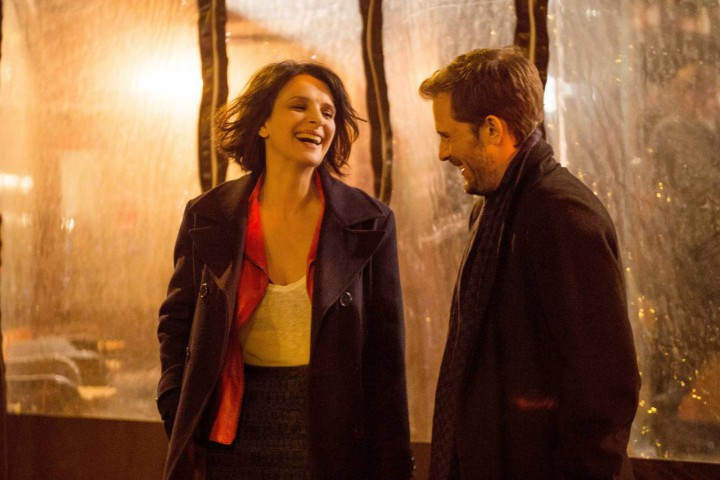
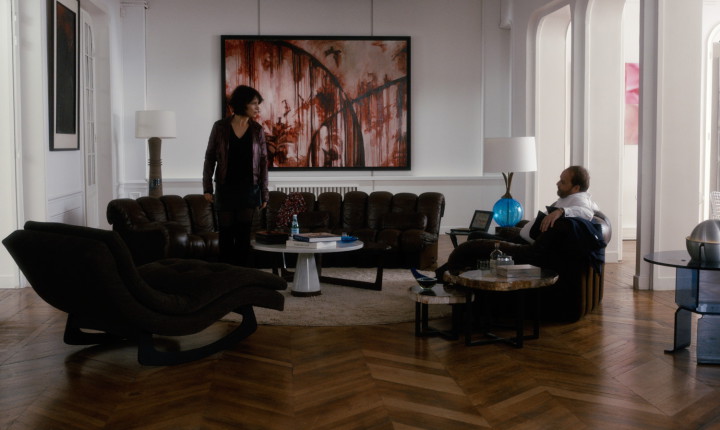
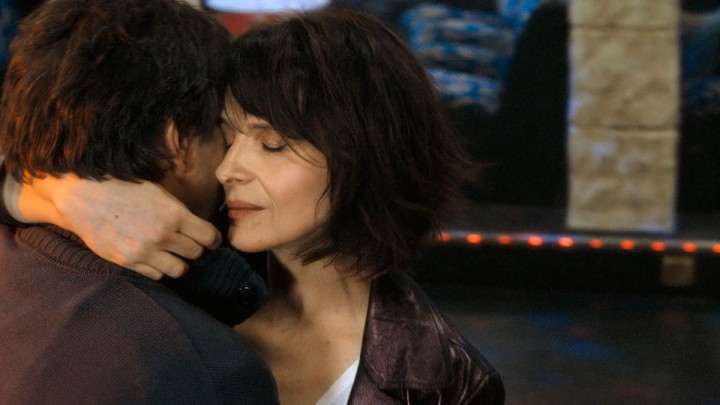
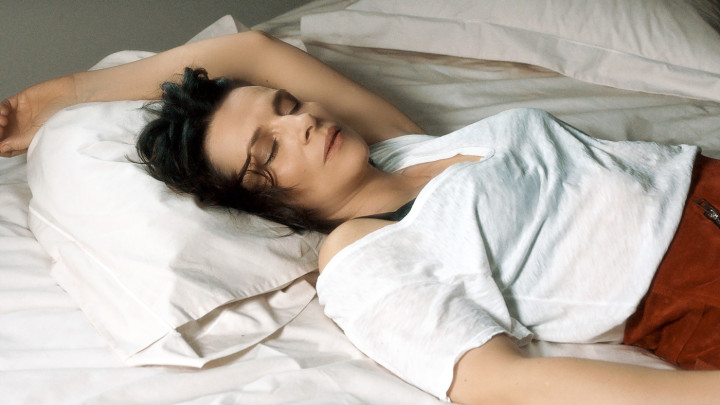
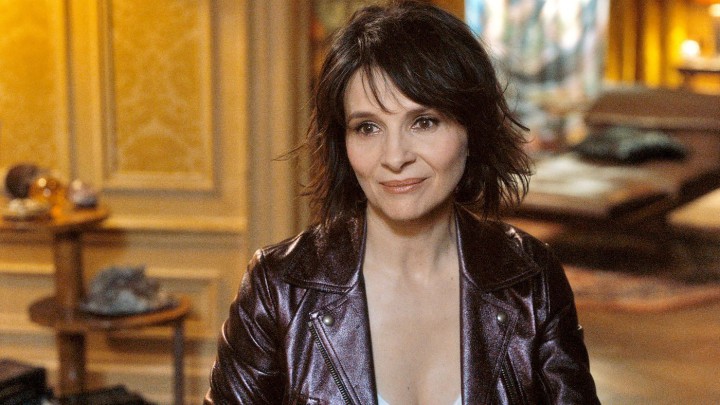
3.5 ⭐️’s…!!?
that’s weird bc after the movie EVERYONE huddled at the buildings exit waiting for the downpour to slow; saying how horrible it was…
Insanely depressing! A 50 something addicted to her own dysfunctional drama… entertaining, but so was ‘leaving LAS VEGAS’